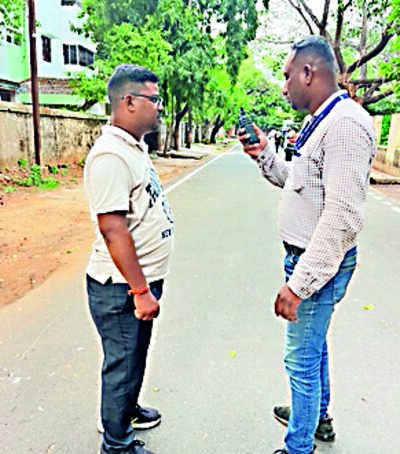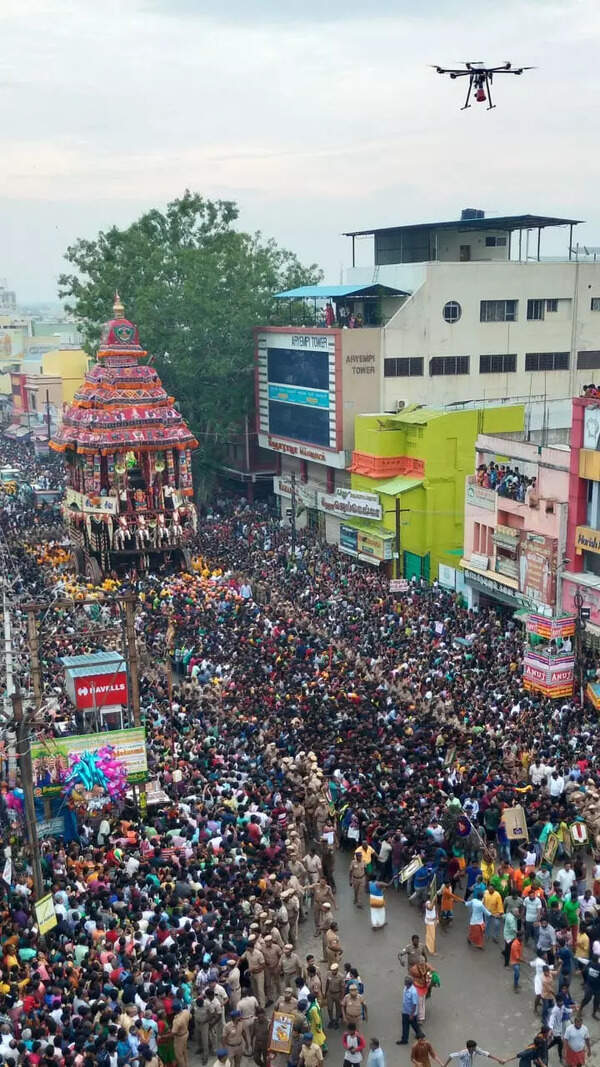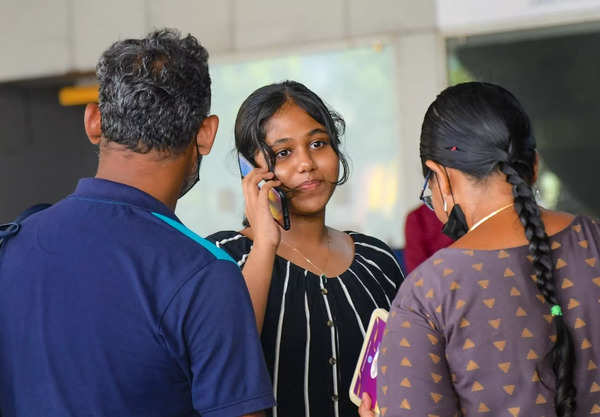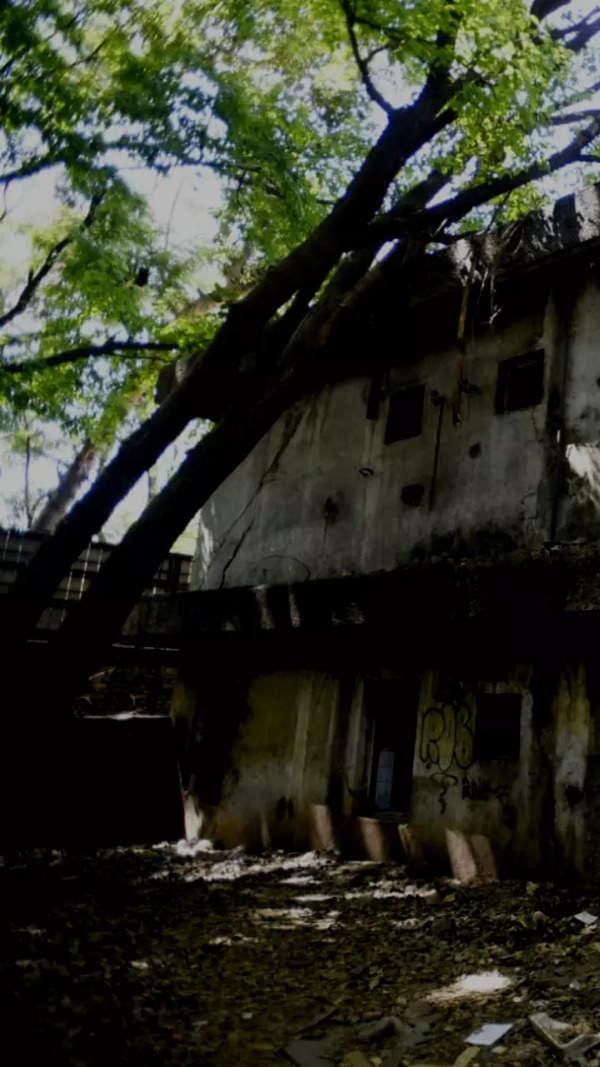- News
- City News
- bhubaneswar News
- Corporation workers get walkie-talkies for better communication
Trending Topics
Corporation workers get walkie-talkies for better communication

Bhubaneswar: Like police and forest departments, the city civic body has also switched to walkie-talkie (wireless phones) for seamless communication.
This is limited to intra-BMC communication as 170 walkie-talkies have been given to sanitary inspectors, enforcement squads, officials, including the deputy commissioner and additional commissioner. BMC commissioner Vijay Kulange also holds one to listen to the conversation among the officers and other field workers and intervene whenever required.
“Since all holding the walkie-talkies can hear the conversation, it helps resolve conflicts which arise during enforcement drives. “We can gauge the seriousness of the issue, take decisions faster and send for back-up. There are various kinds of enforcement, where the staff may have to confront people. In that case, right guidance can be given to the field staff on real-time basis. The device is also helpful in monitoring sanitation from the BMC’s control centre,” said Kulange.
BMC officials said the walkie-talkies are SIM-based and there is no network issue. There is no need to install very high frequency (VHF) tower for connecting a network. The control room handles all the calls. The staff also record important conversations for future reference and fix snags if necessary, they added.
The BMC felt the need for real-time wireless communication because it deals with removal of construction and demolition waste as well as small but vital civic issues such as menace of stray cows and dogs, street lights, roads, drains and most importantly in monsoon, waterlogging and drain clogging.
The civic body also felt that in case of natural calamities, mobile networks go kaput and wireless phones can greatly help keep the coordination and communication going among the stakeholders while dealing with the crisis situation.
That is the reason the 67 sanitary inspectors and the swachh sathis in 67 wards have also been provided with the walkie-talkies, the officials said.
This is limited to intra-BMC communication as 170 walkie-talkies have been given to sanitary inspectors, enforcement squads, officials, including the deputy commissioner and additional commissioner. BMC commissioner Vijay Kulange also holds one to listen to the conversation among the officers and other field workers and intervene whenever required.
“Since all holding the walkie-talkies can hear the conversation, it helps resolve conflicts which arise during enforcement drives. “We can gauge the seriousness of the issue, take decisions faster and send for back-up. There are various kinds of enforcement, where the staff may have to confront people. In that case, right guidance can be given to the field staff on real-time basis. The device is also helpful in monitoring sanitation from the BMC’s control centre,” said Kulange.
BMC officials said the walkie-talkies are SIM-based and there is no network issue. There is no need to install very high frequency (VHF) tower for connecting a network. The control room handles all the calls. The staff also record important conversations for future reference and fix snags if necessary, they added.
The BMC felt the need for real-time wireless communication because it deals with removal of construction and demolition waste as well as small but vital civic issues such as menace of stray cows and dogs, street lights, roads, drains and most importantly in monsoon, waterlogging and drain clogging.
The civic body also felt that in case of natural calamities, mobile networks go kaput and wireless phones can greatly help keep the coordination and communication going among the stakeholders while dealing with the crisis situation.
That is the reason the 67 sanitary inspectors and the swachh sathis in 67 wards have also been provided with the walkie-talkies, the officials said.
Start a Conversation
FOLLOW US ON SOCIAL MEDIA
FacebookTwitterInstagramKOO APPYOUTUBE










